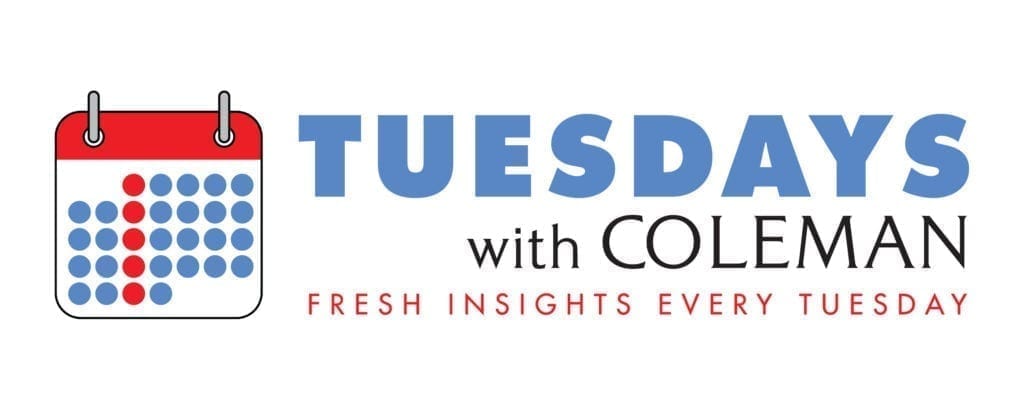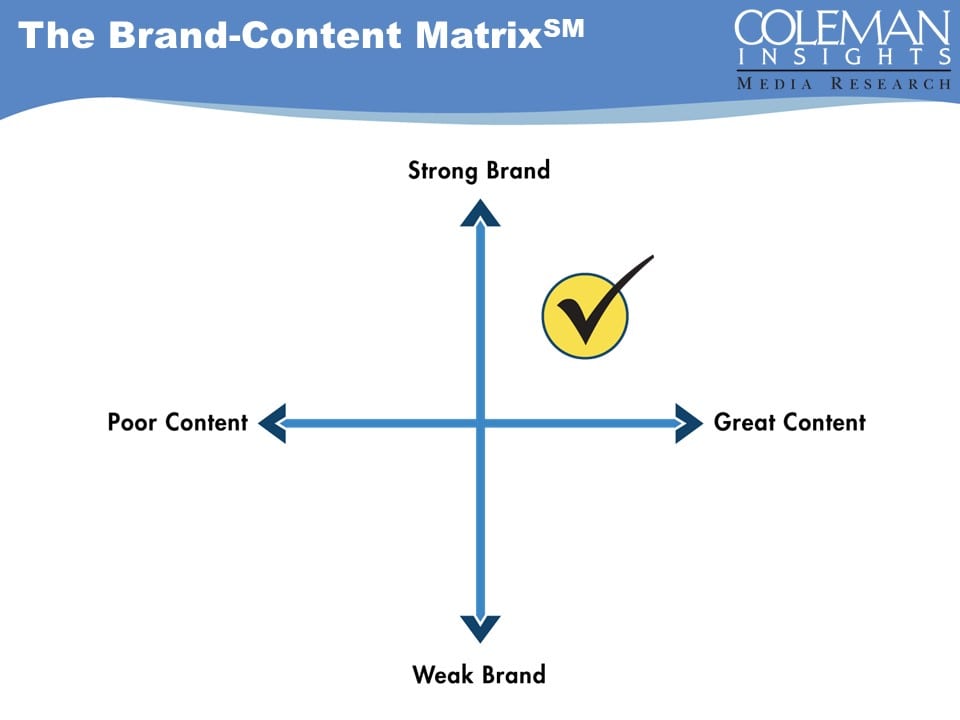
This week’s blog features international intrigue, from Brazil to Japan to Lebanon. It also involves alleged financial crimes totaling in the tens of millions of dollars. The story I’ll describe even includes smuggling a fugitive in an audio equipment box aboard a private plane in a daring overnight escape.
Do I have you hooked yet? The big idea I just presented is designed to do just that; my challenge now is to deliver content as satisfying as that concept. My goal is to make clear that aligning a big idea with the details of execution is often a difficult challenge.
That challenge is exactly what I imagine executives at CNBC faced back in January when the story of Carlos Ghosn dominated business news.
If you’re not familiar with the Ghosn story, I’ll share the highlights first. Carlos Ghosn, a citizen of Brazil, Lebanon, and France, is a legend in the international automotive industry. His incredibly successful run began to come apart a few years ago, when—while living in Japan and serving as chairman of the Renault-Nissan-Mitsubishi Alliance—Ghosn was arrested and charged by Japanese authorities with under-reporting his earnings and misusing corporate assets, charges that Ghosn vehemently denied. The story captured the attention of the business world and came to a head last December when Ghosn hired an American private-security contractor who successfully smuggled him out of Japan in a private plane and eventually got him safely to his home in Lebanon, where he has remained since.
On January 8th, Ghosn held his first press conference since his escape. As a voracious consumer of business news and a long-time admirer of Carlos Ghosn, I couldn’t wait to hear what he had to say. Also, the dominant nature of the CNBC brand as the leading source of televised business news left no doubt in my mind where to turn for coverage.
As the press conference unfolded, however, something funny happened: it was dreadful. The event was poorly staged, poorly lit, and Ghosn droned on in heavily-accented English heaving accusations at obscure figures in the Japanese automotive industry and government. In simplest terms, the content was awful.
I will share with you that I start virtually every weekday watching CNBC; I stream it on my iPad, which I carry around my house as I go through my pre-workday rituals. The morning of the Ghosn press conference was one of the few where I turned off CNBC; if I were a member of Nielsen’s PPM panel, this would have been the perfect example of a “tune out.”
At Coleman Insights, we often talk about the tension that exists between brands and content. The Ghosn-CNBC example epitomizes this perfectly. As the leader in business news, CNBC had to cover the news conference to deliver on its brand promise; however, as the content it offered by doing that was so poor, the network managed to turn away a superfan like me.
How could CNBC have handled this better? For one thing, they could have ended the live coverage of the news conference after a few minutes and then reported any new revelations that came out during it after-the-fact. That this coverage went on for as long as it did makes me wonder what the executives at CNBC were thinking to this day.
The audio brands we work with deal with this tension all the time, and as a result, we have developed a concept we call the Brand-Content MatrixSM.

Brands should aim to be in the upper right quadrant of the Brand-Content Matrix.
Doing things that simultaneously enhance your brand and deliver a great content experience for your listeners is always preferable. What differentiates the best managers is the ability to handle those situations that fall in the upper-left or lower-right quadrants of the matrix. The Carlos Ghosn press conference was an upper-left quadrant event for CNBC—right in line with its brand but poor content for its audience.
Music radio stations often struggle with finding enough strong-testing titles to play from genres they know are important to their brands. Podcasters and radio talk hosts conduct interviews with experts on the subject matters that are at the very core of their brands, but sometimes find that those experts are not compelling personalities. Radiothons that support charities often feature content that drives listener tune-out but delivers great brand value.
Making sure you never lean too heavily on only brand- or content-enhancing activities is crucial to the success of most programming managers. Doing so requires deep insights into what your brand means to your listeners and what content they truly find compelling.
